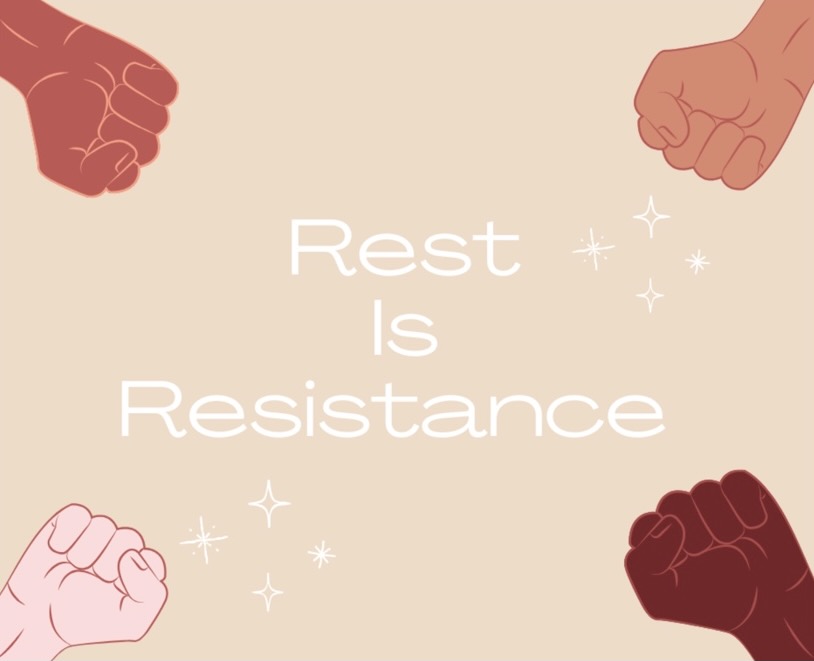When Iggy Azalea rose to prominence within the hip-hop genre, she was met with a fire storm of criticism from listeners and artists alike. Many accused Azalea of distorting hip-hop culture for her own profit. This wasn’t just because she was a white woman from Australia. No, Azalea was blamed for ignoring the roots of hip-hop.
In a direct address to Azalea over Twitter, old-school rap legend Q-Tip referred to hip-hop as an “artistic and socio-political movement.” Q-Tip went on to lecture Azalea about the roots of hip-hop, mentioning how it served as a creative outlet and empowering mode of expression for marginalized communities.
Oftentimes hip-hop artists who come from rough backgrounds carry on the tradition of using their elevated status in society to bring about positive change in the world. For example: Eminem, Jay-Z, and the late 2pac (just to name a few) have all done an incredible amount of philanthropy through the various foundations they established. The problem many people have with Azalea is that she is living the rock star life and not giving back to the society that has given so much to her, which many take see as a slap in the face to hip-hop culture.
With regards to Azalea, many have denoted her music as a form of cultural appropriation. Cultural appropriation is a controversial sociological concept. As a term, it carries negative connotations. It refers to the process of one culture assimilating aspects of another culture while being oppressed by the first.
Many people accused Vanessa Hudgens of cultural appropriation when she wore a South Asian bindi on her forehead during Coachella 2014. This is because the bindi has religious significance to many people throughout India, Nepal, Pakistan, Sri Lanka, etc. The idea was that by wearing a bindi, Hudgens was devaluing these people’s religious beliefs and cultural practices. However, a defender of Hudgens may say that it’s within her basic human rights to not restrict her choice of apparel, so long as her clothing isn’t hurting anyone. So, does cultural appropriation cause harm?
It depends on the context. It’s the nature of cultures to spread and to transform as they do so. Human beings are innovators, but we are also imitators; we learn by observing others and emulating them, whether it’s for language, art, technology, warfare… The list goes on. As certain ideas and actions spread, cultures develop as time rolls on, cultures change drastically. The Roman pantheon of gods, for example, is based on the far older Greek pantheon. In fact, Roman mythology is nearly identical to Greek mythology—Nearly, but not exactly. Despite the obvious plagiarism, the religious outlooks of these two civilizations did have their differences.
One of these Roman gods, Saturn (whose name was Cronus to the Greeks), was celebrated during the festival of Saturnalia, which happened towards the end of December and featured the tradition of gift-giving, among other things. Saturnalia was extremely popular throughout the Roman Empire, and did not disappear when Christianity swept over Europe. Rather, the celebration of Saturnalia was assimilated into the culture of the Christian religion. A similar holiday featuring gift-giving is still celebrated today towards the end of December, although for different reasons than it was millennia ago. Culture is constantly evolving, and it’s ridiculous to expect a culture to stay contained within one society or community, or for a culture to remain unchanged and untouched forever.
Ethnically speaking, I’m white, just like Iggy Azalea. However, I am far more inclined to say “word” than “right on,” and way more likely to say “yo, what up dog” than “hi, how are you, buddy.” I understand that a large part of my vernacular has its roots in African-American culture, but aren’t these ways of speaking now a part of my culture, too? After all, I grew up talking like this. Am I really stealing someone else’s cultural property when I call my friends my homies?
As a lover of old-school of hip-hop, Azalea isn’t the kind of rapper that I personally appreciate. I wish she would pay more homage to the origins of hip-hop culture and use her fortunate position in life to bring about positive change in the world, but who am I to tell her what proper hip-hop looks like? Similarly, if Vanessa Hudgens likes something about the bindi, who are the people of South Asian cultures to tell Hudgens how to wear it, or not to wear it at all?
However, cultural appropriation isn’t always acceptable. It can absolutely cause damage. For instance, the Nazis didn’t invent the infamous Swastika: the Swastika has been considered a sacred symbol throughout Asia for thousands of years before it was altered by Hitler. It is highly present in the religions of Buddhism and Hinduism, but if I got a tattoo of a Swastika, I don’t think people would see my passion for eastern philosophies. The reputation of the Swastika is just too tarnished.
Another case of harmful cultural appropriation shows through in the regalia of Washington Redskins fans. Often adorned in feather headdresses and face paint, these fans come across as highly offensive to many. Personally, I know enough historical context to not let these fans color my perceptions of Native Americans, so I don’t really care what they wear, to be honest. However, I know that not everyone has the same sense of history that I do, and I can see how stereotypes can become bolstered through the bow and arrow paraphernalia.
In today’s ever-globalizing world, cultures will unavoidably clash and mix with each other. The line between cultural appropriation and cultural exchange is not well defined.
In recent decades, yoga has become widely popular throughout the U.S. Usually focused on the physical exercise portion of yoga, the spiritual roots of this ancient Indian practice are often unknown to American practitioners. But does this mean the American forms of yoga are somehow worth less than the ancient Indian forms? I don’t think so. I think there’s enough yoga to go around.


































